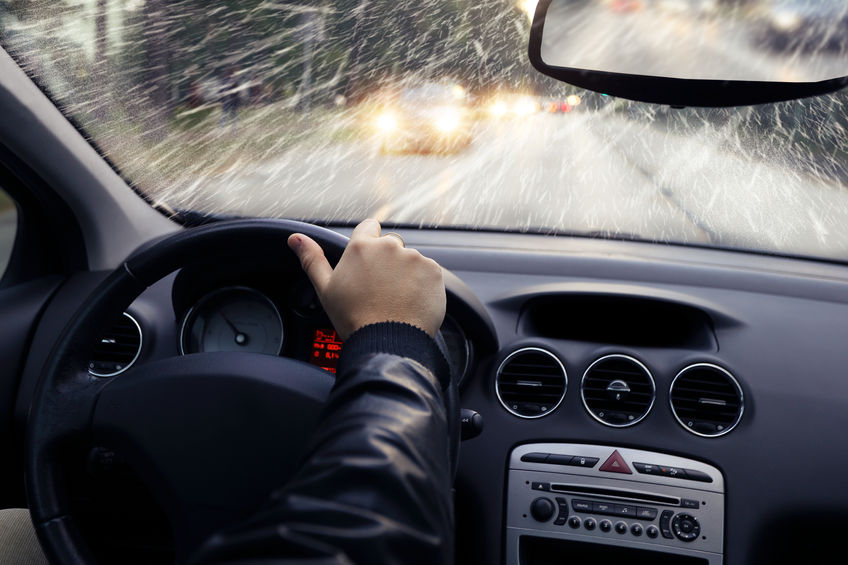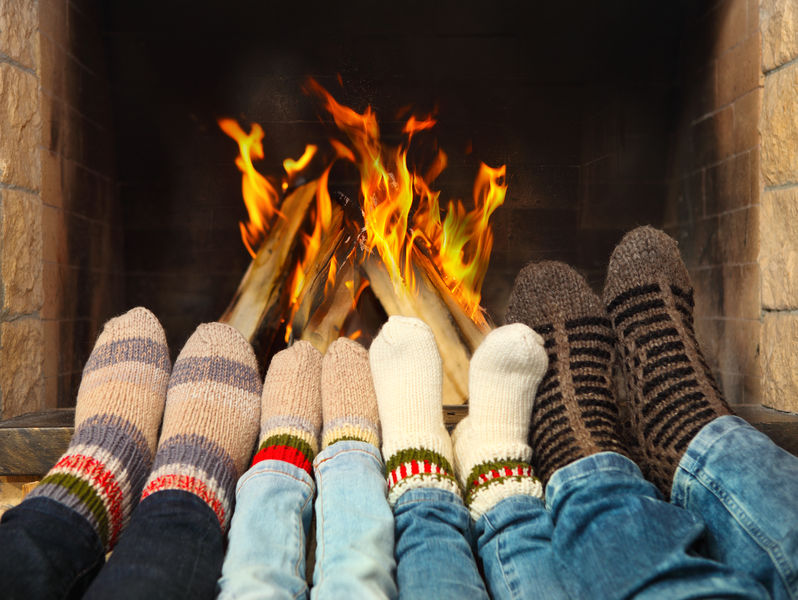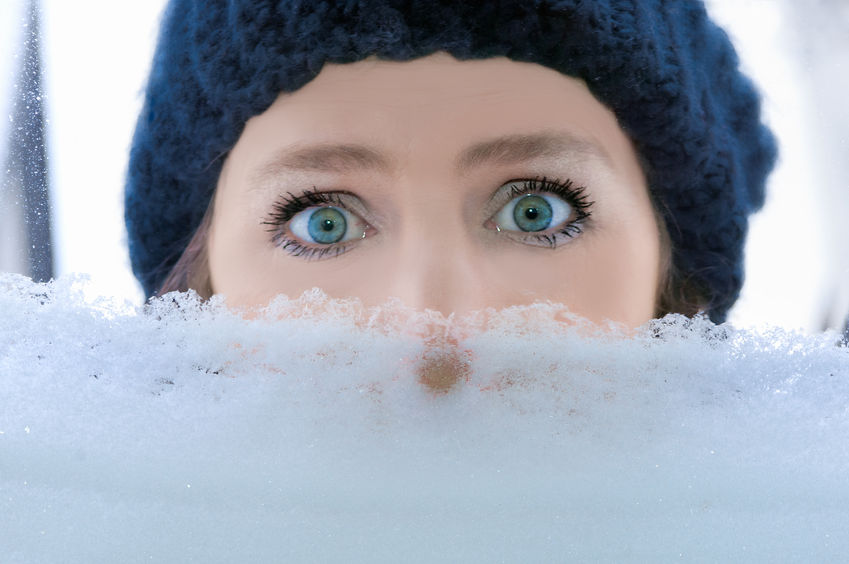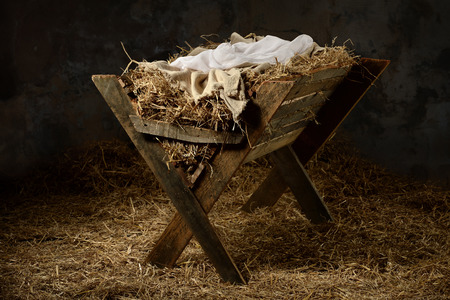The holidays are about spending time with family and friends, which means that many of us will be traveling. However, winter weather can bring a variety of challenges, especially when driving to your next destination. Whether it’s in Knoxville or you’re going out of state, we at Bob Johnson Insurance want to help you stay safe.
So, with that in mind, we’ve compiled a list of travel tips and tricks that will ensure you spend the holidays with family, not in the hospital.
Inspect Your Vehicle
While you probably get the oil changed and monitor the engine regularly, now is the perfect time to get a full diagnostic of your car’s internal systems. For example, how are your wiper blades? What about the tread on your tires? It’s better to inspect and repair these items now before you’re stuck in bad weather on the road.
In addition to getting your car tuned up for the holiday season, you should pack it with some emergency gear just in case. Jumper cables, blankets, snacks, flares, and water are all essentials if you get stuck somewhere, so you want to be prepared. Remember, a flat tire or a dead battery can leave you stranded just as much as flooding or heavy snowfall.
Prepare for Travel
Even if you’ve made the trip dozens of times before, it doesn’t hurt to have a plan in place beforehand. If you’re going through some rural areas, maybe bring along a map in case your GPS can’t get a signal. Look at the weather conditions along the road, so you know what to expect. Also, make sure that people know which route you’re taking, just in case something happens.
Be Ready for Anything
While Tennessee doesn’t get much snow and ice compared to some locations, if you’re planning on driving out of state this winter, you want to be prepared for any kind of weather coming your way. Rain and thunderstorms can appear out of nowhere, and driving in snowy conditions can be more than a little nerve-wracking.
Be careful on the road and drive slow if necessary. Having all-wheel or four-wheel drive helps, but it won’t prevent you from slipping or skidding on ice or wet roads. Remember safe driving tactics, like avoiding braking too sharply and maintaining a firm grip on the steering wheel.
What if the Worst Happens?
If you do wind up stranded on the side of the road, don’t panic. If you have an emergency kit, you should be good shape until help arrives. Hopefully, you’ll have cell service and can call someone, but if not, it’s best to wait by your car and try to flag someone down. Flares and lights can also make you more visible, especially if the weather is treacherous.
Staying safe this holiday season is all about preparation. Hope for the best, but the more you can plan just in case the worst happens, the better off you’ll be and the more peace of mind you’ll have. Happy holidays!





